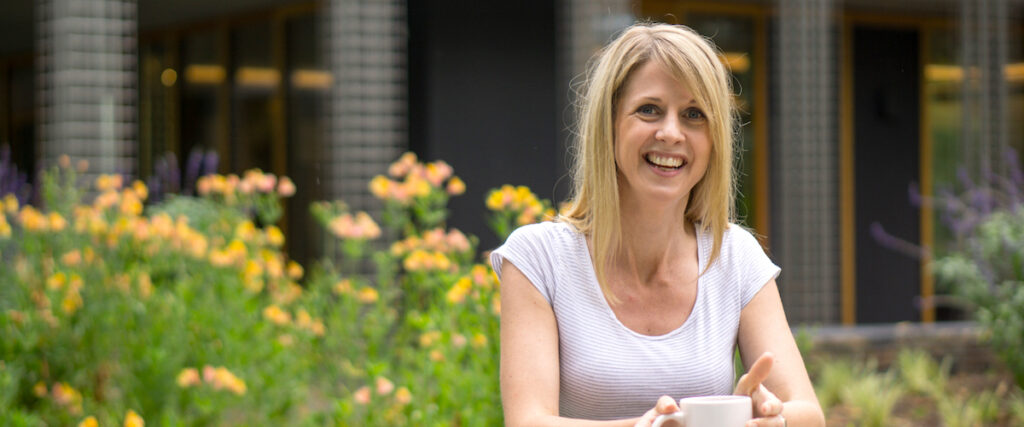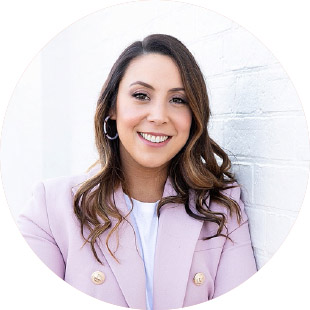LOUISE GILBERT
Founder & Director

Announcing Teamflix: Your Ultimate Team Development Hub! It’s like Netflix … for teams! Watch here

“By offering their children the best start in life, parents enable their children to be well-adjusted members of the community.”
I recently caught up with Valerie Judge, Founder of Melbourne Edge Consultants, a mental health and wellbeing support team that specializes in child, adolescent, and adult mental health.
We compared notes about our experiences working with parents and children and discussed what we’re seeing amongst the parents we’ve worked with – what the most common challenges are and what the most successful parent-child relationships look like – and explored how we could best be of service in our partnership.
Valerie and I know that being a parent can be hard; balancing it with your career creates that added layer of complexity. That’s why we make it our goal to help working parents work through and even thrive in their challenges – not least of which can be the behaviours exhibited by our children.
“[Melbourne Edge] are focused on supporting anything a parent deems as a challenging behaviour – which looks different for everyone. So anything from sleep issues and school refusal to issues with self-harm,” Valerie tells us. But despite them being common, one in four parents admits to finding challenging behaviours stressful and overwhelming. In our discussion, Valerie and I identified three simple ways in which how parents can feel better equipped to handle these situations when they do arise.
Melbourne Edge uses a range of evidence based psychological approaches in order to achieve positive mental health outcomes for families. Valerie told me: “What’s unique about what we do is that we don’t have geographic boundaries and no referral thresholds. Once you work with us, you will stay with the same clinician.” Despite Valerie’s surname, she assures me, Melbourne Edge won’t judge. “I encourage parents to reach out. Just call: there’s no need to jump through hoops, just get some help now.”
I asked Valerie why some parents might resist getting help in addressing challenging behaviours with children, and she explained that she has seen parents being concerned about their children’s data, such as mental health care plans stored on My Health Record, potentially affecting their child’s choices in later life. This, however, is not the case when reaching out for help.
The Intime Collective and Melbourne Edge Consultants partner together to maximise our impact to the wellbeing of those who need our help. Whether you are a team manager who cares for your people or a working parent that struggles, we can help you.
Get in touch with Melbourne Edge Consultants at hello@melbourne-edge.com.au or call 0478 129 135. You can also check their website here: https://melbourne-edge.com.au/.
Thanks for lunch, Valerie. See you soon.

Founder & Director
